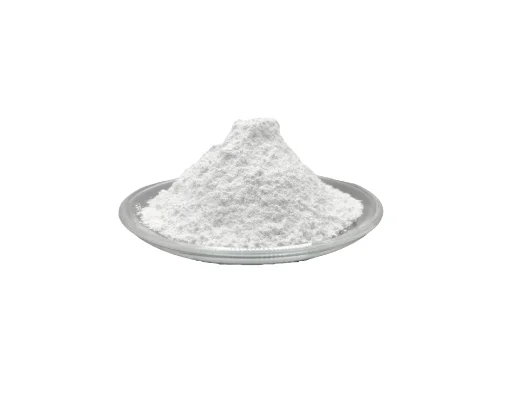- This topic is empty.
-
AuthorPosts
-
2024-07-25 at 4:39 pm #10252
Ceramide NP powder has emerged as a key player in skincare, thanks to its pivotal role in bolstering the skin's natural barrier and locking in moisture. But how exactly is this potent skincare ingredient crafted? Join us as Viablife delves into the captivating journey of ceramide NP powder biosynthesis, unraveling the secrets behind its production.
Ceramides belong to a class of lipid molecules crucial for skin health, residing in the outermost layer of the epidermis, known as the stratum corneum. They excel in moisture retention, shield the skin from environmental stressors, and uphold skin integrity. Ceramide NP, a specific type of ceramide abundant in the skin, excels in repairing the skin barrier and enhancing hydration.
Natural Biosynthesis of Ceramide in the Body:
Sphingomyelin Breakdown: The process commences with sphingomyelin, a phospholipid found in cell membranes, breaking down into ceramide, facilitated by the enzyme sphingomyelinase.
Sphingomyelin Synthesis: Sphingomyelin then undergoes synthesis from serine and a fatty acid, catalyzed by the enzyme sphingomyelin synthase.
Ceramide Formation: Once sphingomyelin converts to ceramide, it undergoes further modifications to yield various ceramide species, including Ceramide NP.
Biosynthesis Process of Ceramide NP Powder:
Selection of Substrates: The journey kicks off with selecting suitable substrates—usually sphingosine or its derivatives, coupled with fatty acids—for enzymatic reactions.
Enzymatic Synthesis: These chosen substrates undergo a series of enzymatic reactions, where specific enzymes, like ceramide synthases, catalyze their condensation to form ceramide molecules, including Ceramide NP.
Purification: Post-synthesis, the mixture of ceramides undergoes purification to isolate Ceramide NP, employing techniques like chromatography to segregate ceramide species based on their properties.
Concentration and Drying: The purified Ceramide NP is then concentrated and dried into powder form, employing methods like evaporation or freeze-drying.
Quality Control: Throughout the process, stringent quality control measures ensure the final product meets set standards, ensuring purity, concentration, and absence of impurities.

Factors Influencing Ceramide NP Powder Biosynthesis:
Enzyme Efficiency: The efficiency of enzymes profoundly impacts Ceramide NP production, with high specificity and activity levels yielding higher quantities.
Substrate Quality: Optimal substrate quality, devoid of impurities, ensures enhanced yield and purity.
Process Optimization: Fine-tuning reaction conditions like temperature and pH amplifies biosynthesis efficiency and Ceramide NP yield.
In Conclusion:
The journey of Ceramide NP powder biosynthesis is a fusion of enzymatic prowess and biotechnological breakthroughs. Understanding this process unravels the science behind Ceramide NP's effectiveness in nurturing skin health and beauty.
As the demand for high-quality, natural skincare ingredients continues to grow, the biosynthesis of Ceramide NP powder is positioned to fulfill both consumer and industry needs. Leveraging biotechnology, we can craft this indispensable lipid sustainably, ensuring skincare products are safe and efficacious.
ViableCare Ceramide NP Powder Manufacturer – Viablife:
ViableCare ceramide powder reigns supreme—exuding purity, uniformity, and superior quality. We stand ready to offer expert guidance on ceramide formulas. Partner with us and embrace the Viablife difference!
https://www.viablife.net/news/biosynthesis_process_of_ceramide_np_powder.html
http://www.viablife.net
Viablife -
AuthorPosts
- You must be logged in to reply to this topic.






